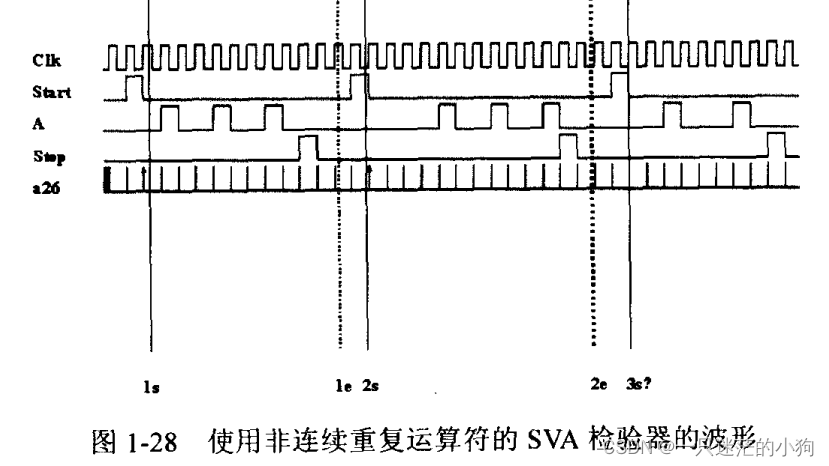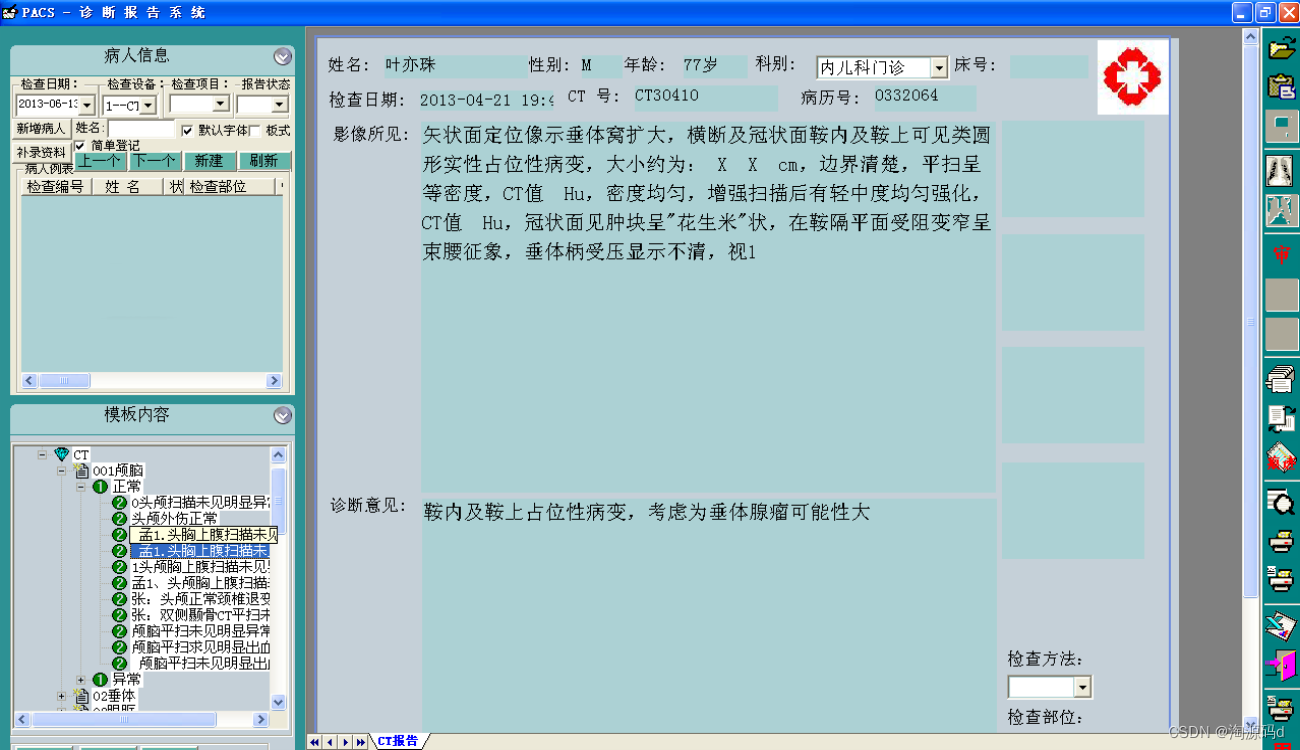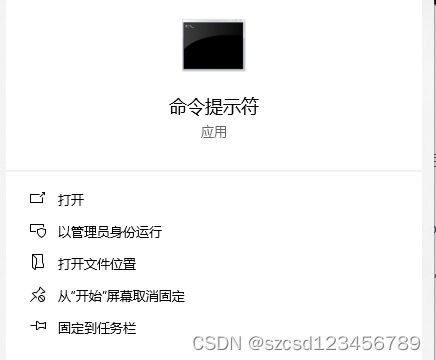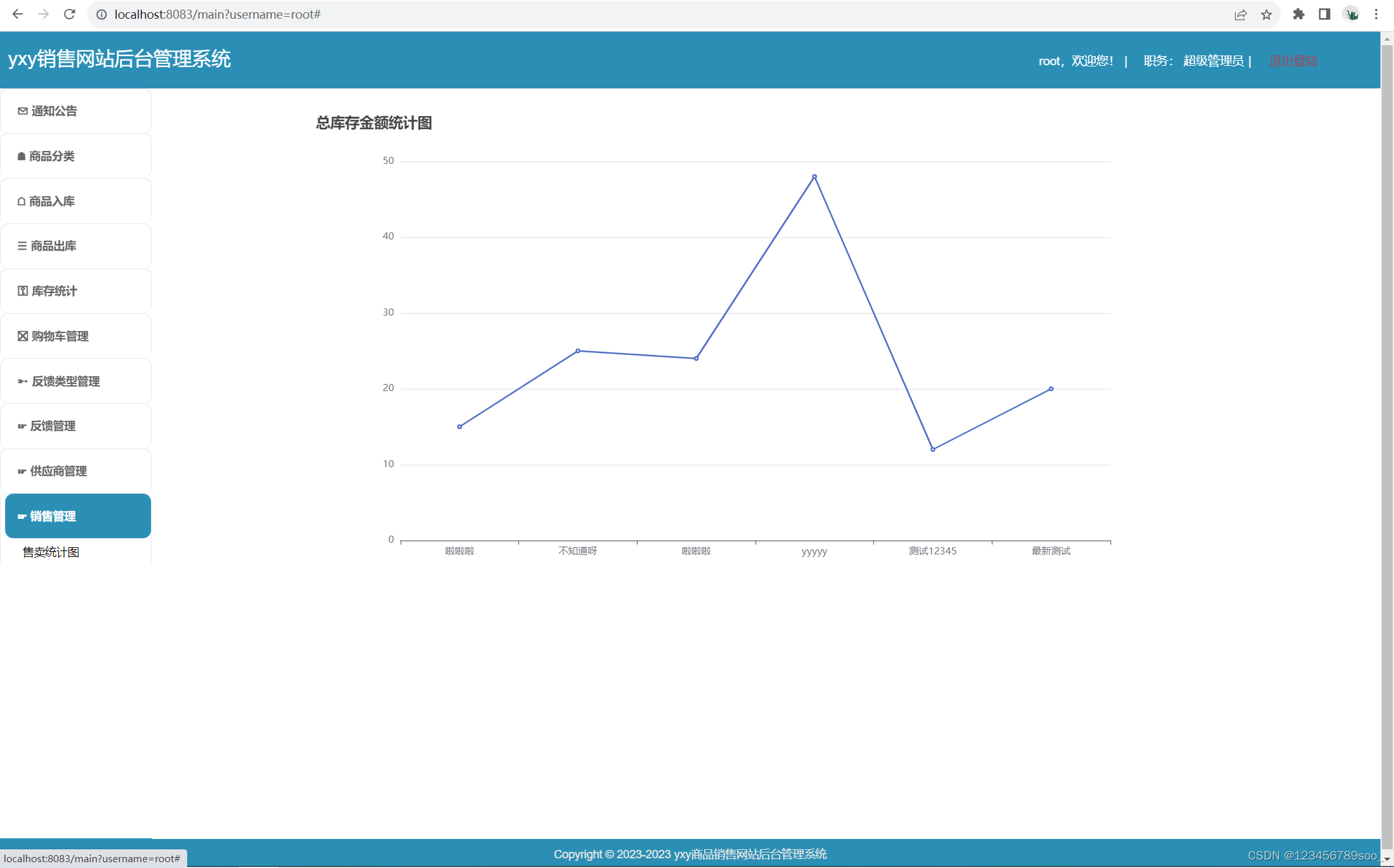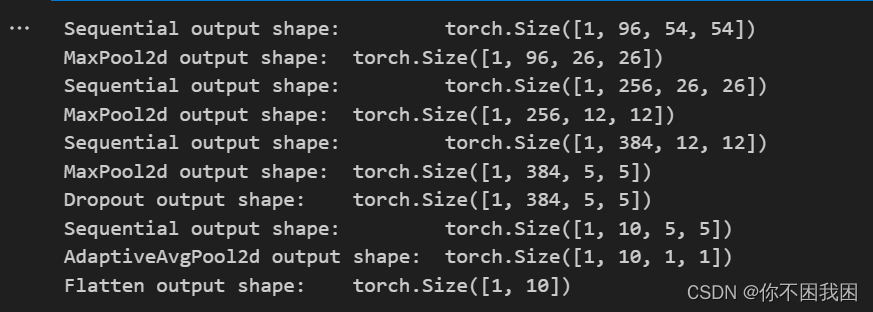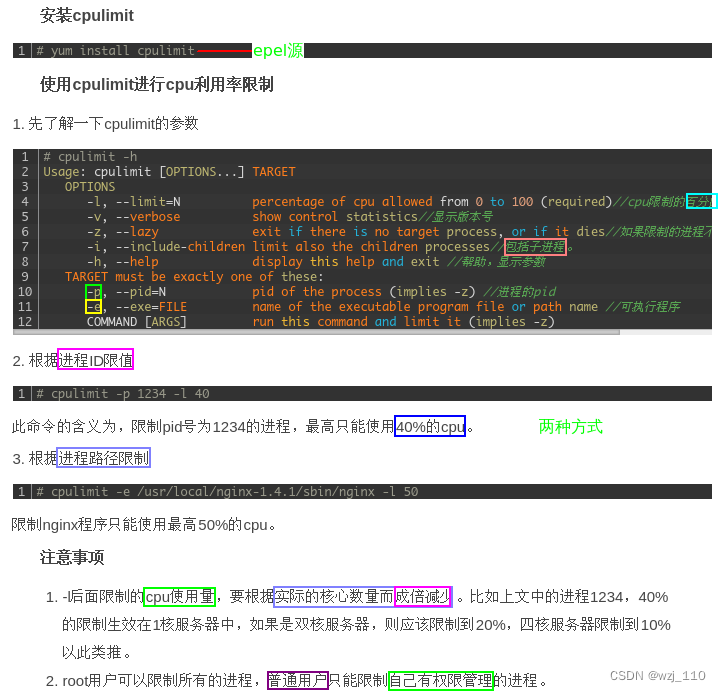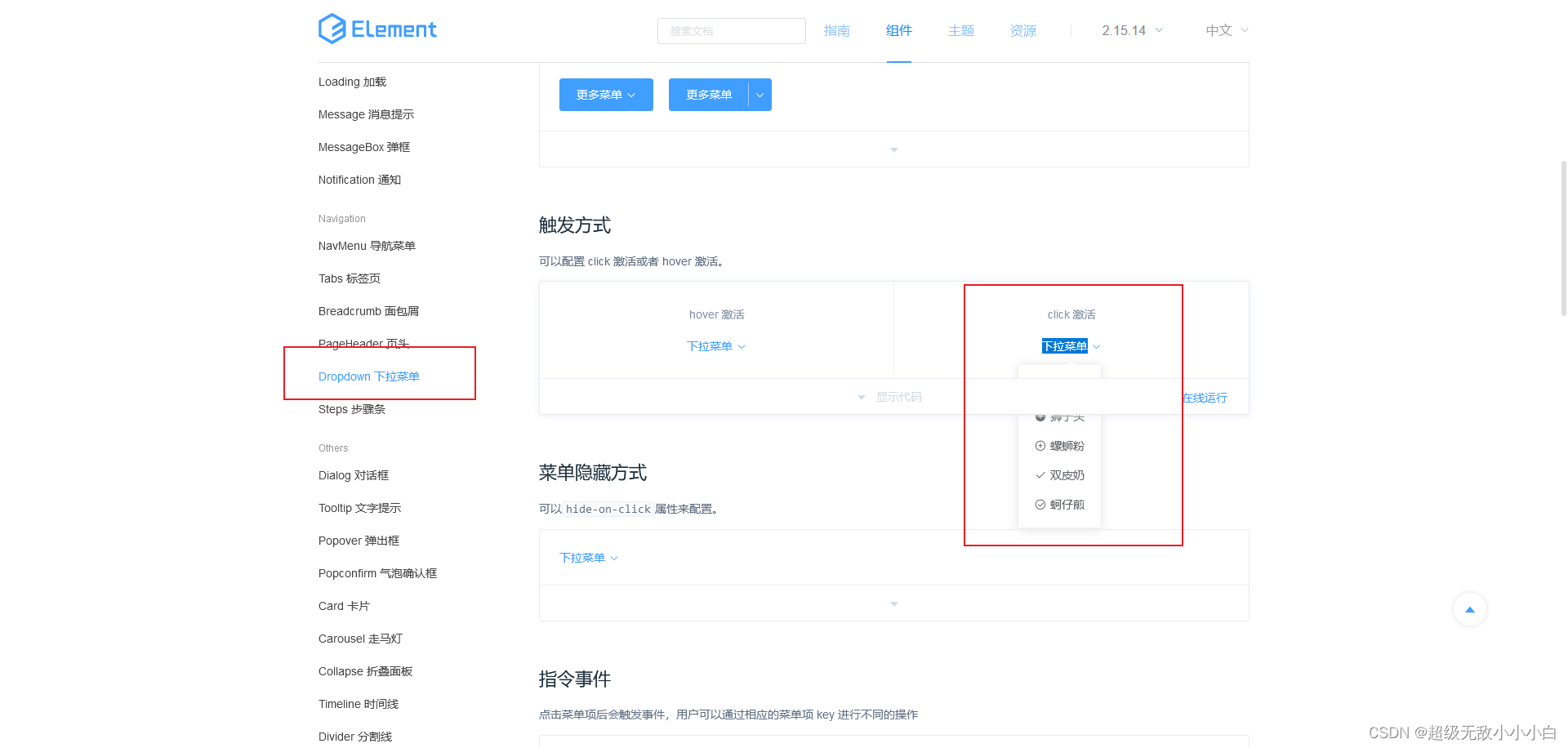每年农历九月初九,是中国传统节日“重阳节”。二九相重,称为“重九”,民间在该日有登高的风俗,所以重阳节又称“登高节”。On the ninth day of the ninth lunar month, comes the traditional Chinese holiday: the Double Ninth Festival. The number nine in both the month and the day creates the double nine. The Festival is also called "the Height Ascending Festival" because of the custom of climbing a high mountain.

阴历9月这天,正值秋高气爽,适合旅行观光。所以,一到金秋九月,不论男女老少,都喜欢在此时旅行登高。
The 9th lunar month, with the clear autumn sky and bracing air, is a good time for sightseeing. So people, both ancient and present, love to go sightseeing this month.
登高可以驱除霉运,还意指“晋升高位”。这也是古人为什么很重视这一传统习俗。登高之所以受人重视,特别受老人重视,是因为人们认为登高还意寓“登顶长寿”。除此之外,人们还相信登山能使人健康长寿。

Apart from expelling bad luck and disasters, climbing mounting also indicates “climbing to a higher position”, and it is also an important reason why ancient people pay much attention to this custom. Another reason that climbing mountains are valued by people, especially by the elderly is that it has a meaning of “climb to a longevous life”. Also, for this reason, people believe that climbing mountains can make people live a more longevous life.
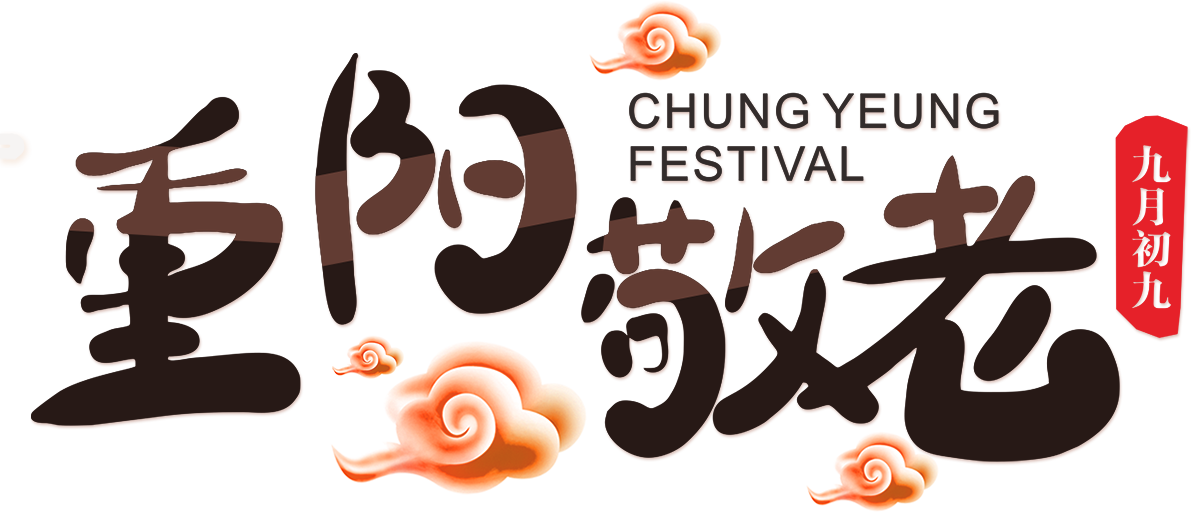
在1989年,我国把每年的农历的九月初九定为老人节。传统与现代巧妙地结合,使重阳节成为尊老、敬老、爱老、助老的节日。
In 1989, the Chinese government decided the Double Ninth Festival as Seniors' Day. The traditional culture of Double Ninth and that of the modern were finely combined. It becomes a festival of respecting for the old people, and loving, helping the old.
《九月九日忆山东兄弟》
王维
独在异乡为异客,
每逢佳节倍思亲。
遥知兄弟登高处,
遍插茱萸少一人。
《Double Ninth, Missing My Shandong Brothers》
Wang Wei
As a lonely stranger in the strange land,
Every holiday the homesickness amplifies.
Knowing that my brothers have reached the peak,
All but one is present at the planting of flowers.
